When your baby cries, your heart melts! Isn’t it? From their initial days, babies are exposed to various sounds,...
10 Ways in Which Educational Games Are Transforming Learning
For a long time education treated play like a distraction. Now it is recognized as the driving force of learning. Educational toys and games have become an asset that helps support curriculum outcomes.
Why Families Prefer Buying Educational Toys Online
1. Games Teach the Brain to Loop Not Memorise
Traditional study methods rely heavily on static memory. Educational games train children to loop through trial, pattern, feedback and adjustment. This loop mimics how real-world decisions work by helping them recognise systems and respond with fluid logic.
When a child uses a STEM puzzle, game or construction set, they wire their brain to detect cause and effect in motion.
2. Failure Becomes a Playground for Cognitive Agility
Many children are conditioned to avoid mistakes. Games flip that. Every failed attempt becomes a micro-opportunity to learn.
Educational toys sold throughout Australia are increasingly designed to reward resilience and analysis. A game invites failure and encourages reflection. That builds thinkers who are not scared to test ideas.
3. Game Mechanics Rewire How Children Learn to Learn
The ability to learn how to learn is often overlooked. Educational games encourage kids to scan patterns, test theories, self-correct and adjust effort. These behaviours build executive thinking skills used in problem-solving, project planning and decision-making.
A logic puzzle can introduce these behaviours at a much earlier age than formal schooling tends to allow.
4. Play-Based Decisions Build Practical Moral Intelligence
In cooperative educational games, kids start making decisions with consequences. They learn to assess outcomes based on the game’s reaction. And the beauty of it? They develop this understanding intuitively, without needing any formal instruction.
This kind of interaction supports empathy, foresight and fairness in a way that sticks over time. It makes moral thinking more intuitive.
5. Games Embed Literacy and Numeracy Subconsciously
Children who resist reading may still love games packed with clues and objectives. The difference is context and purpose.
When you buy educational games online that involve narratives, puzzles or coded messages, language and logic are absorbed through action.
6. Games Rebuild the Relationship Between Time and Focus
Timed games stretch attention spans through engagement. Kids learn to delay gratification and stay with a challenge.
7. Every Intelligence Type Gets Activated
Traditional educational subjects are now well supported through games. Games welcome spatial thinkers, musical minds, tactile learners and natural analysts.
Educational toys available online in Australia are now designed to cater to different learning styles. They open pathways for minds that think and learn differently.
8. Australia’s Toy Industry Is Quietly Reinventing Early Learning
The newest educational toys in Australia are being designed with real situations in mind. There is a strong shift towards supporting neurodiverse learning and cognitive development.
You will find fidget toys designed for focus, card games built around verbal logic, STEM kits aligned with Australian learning approaches and sensory tools that help children self-regulate. These educational toys are now easy to buy online or through trusted platforms in Australia.
9. Games Reflect the Skills Children Actually Need
The future demands adaptive thinking, emotional fluency and decision-making under pressure. Educational games already simulate these dynamics.
Kids engage with strategy, incomplete information, time management and collaboration in playful formats. The skills they pick up are real.
10. Toys Now Shape Identity Through Self-Directed Discovery
Educational games are no longer passive tools. They help children define how they see themselves. A child who solves puzzles starts to believe they are logical. One who finishes a creative craft begins to see themselves as artistic.
This shaping of identity through action is one of the most powerful ways games support emotional development. When kids get to choose how they learn, they start shaping who they are becoming.
Final Word
Educational games offer a smarter and more natural way forward for the different ways children learn.
If you are looking for tools that help children think, build and thrive through meaningful play, we have made sure Cowtrees is built for that. Our growing range supports real development while keeping play at the centre. Whether you want to buy educational games or toys online that are actually worth your time, Cowtrees has you covered. Well designed and thought through toys and games make learning easier.
Frequently Asked Questions
Q. How do I know if an educational game suits my child’s age?
A. Check the age guide. Consider your child’s interests, focus level and play style. Aim for something that challenges without overwhelming.
Q. My child gets bored fast. Will these games hold their attention?
A. If you choose based on their curiosity style like building, storytelling or movement, they can be very engaging.
Q. Do I have to play with my child or can they use them alone?
A. Both work. Some games encourage solo play, others are better together. A mix is ideal.
Q. Should I rotate toys like I do books?
A. Yes. Rotating keeps kids curious, reduces clutter and helps you notice what types they return to.
Q. What are some educational games that don’t feel like learning?
A. Look for games with mystery, problem-solving, or storytelling. Kids get drawn in by fun but pick up logic, memory or literacy skills without noticing.
Q. What are some good quiet-time educational games for hyperactive kids?
A. Try tactile games like mazes, magnetic puzzles, or colour-matching sets. These keep hands busy and minds calm without overstimulation.
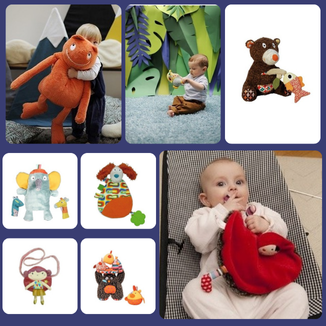
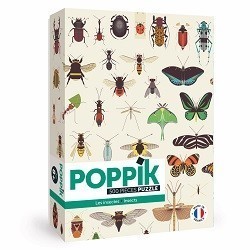
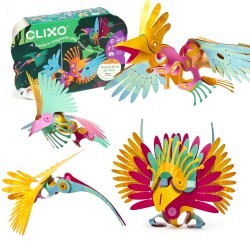
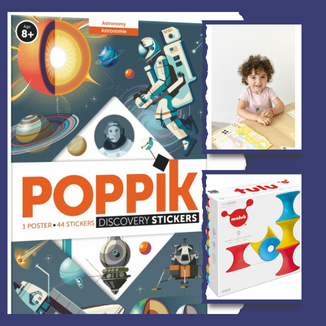
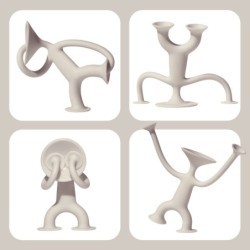
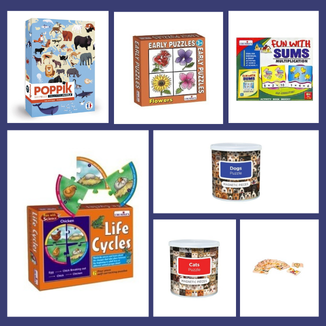
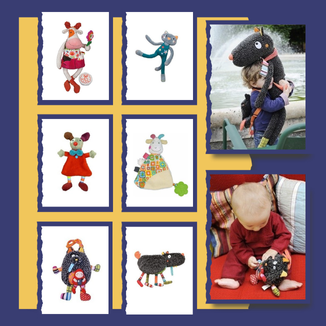
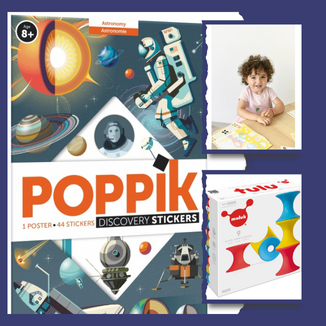
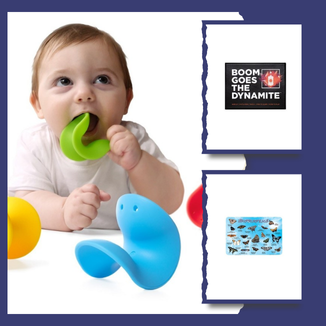
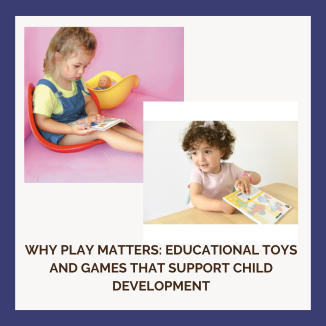
Leave a comment